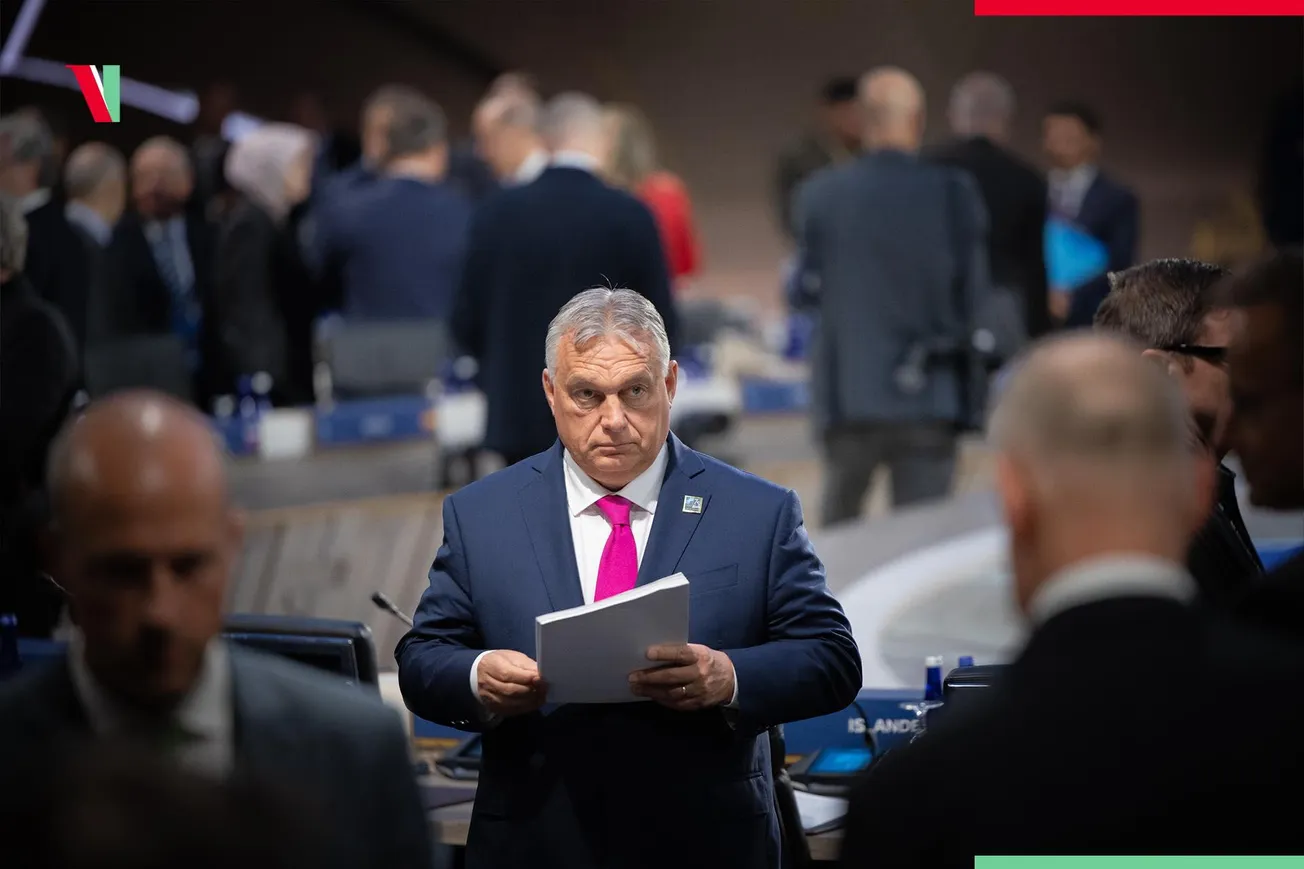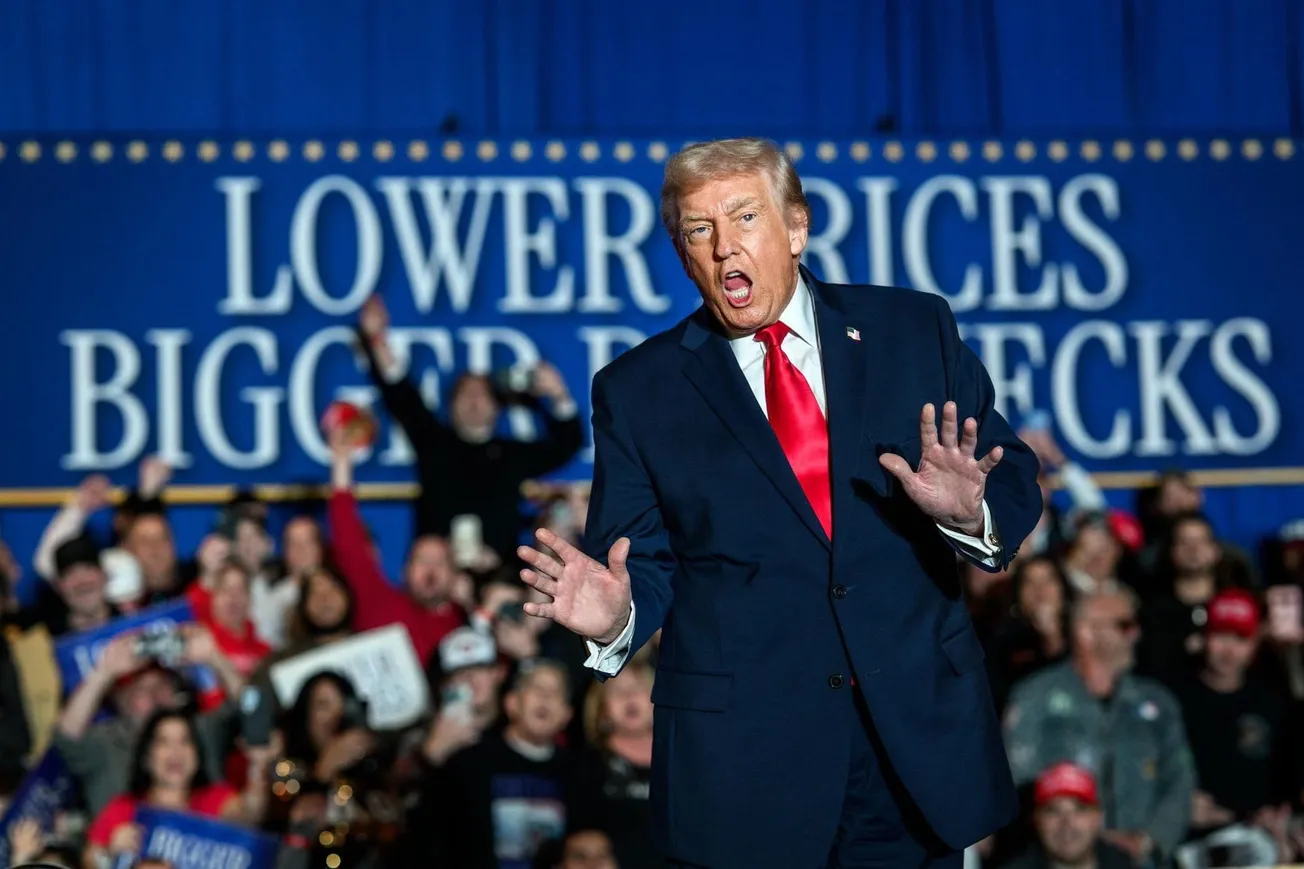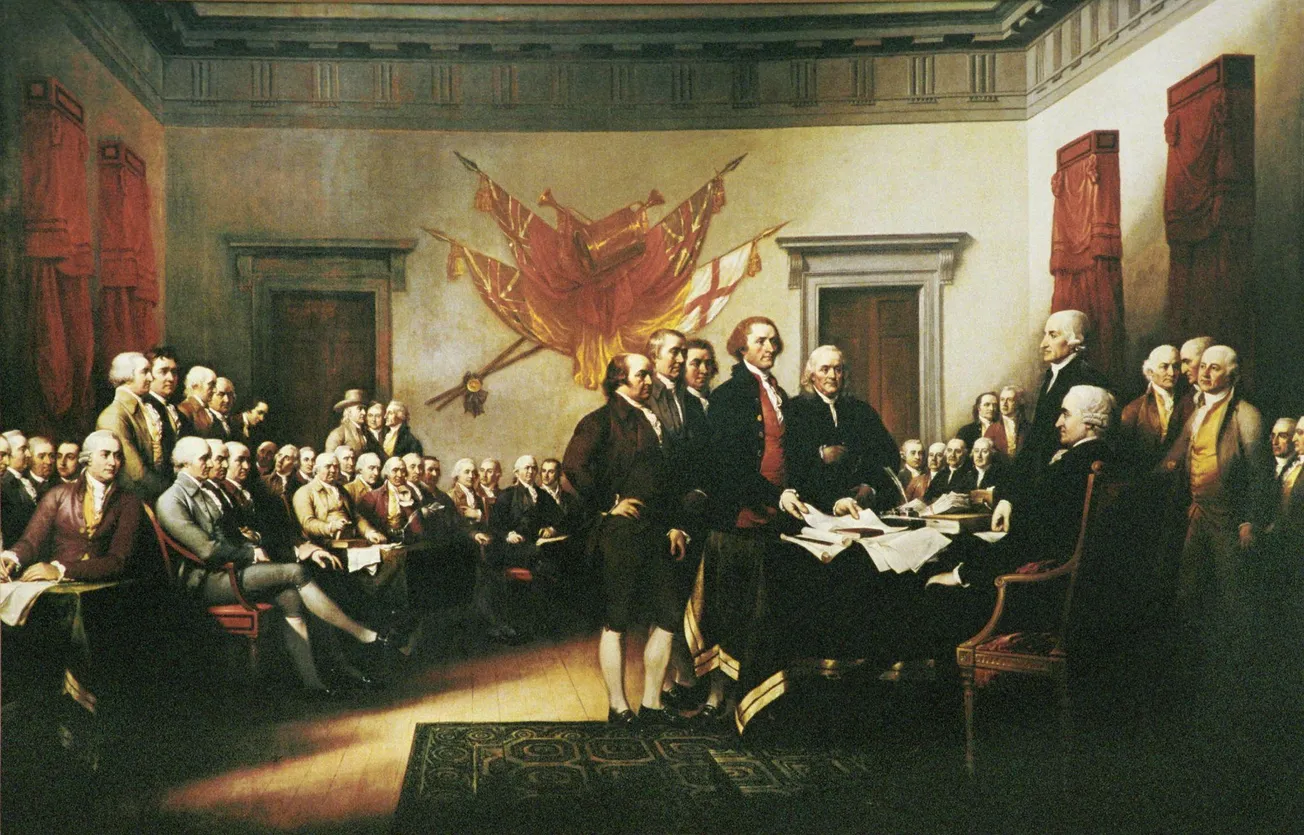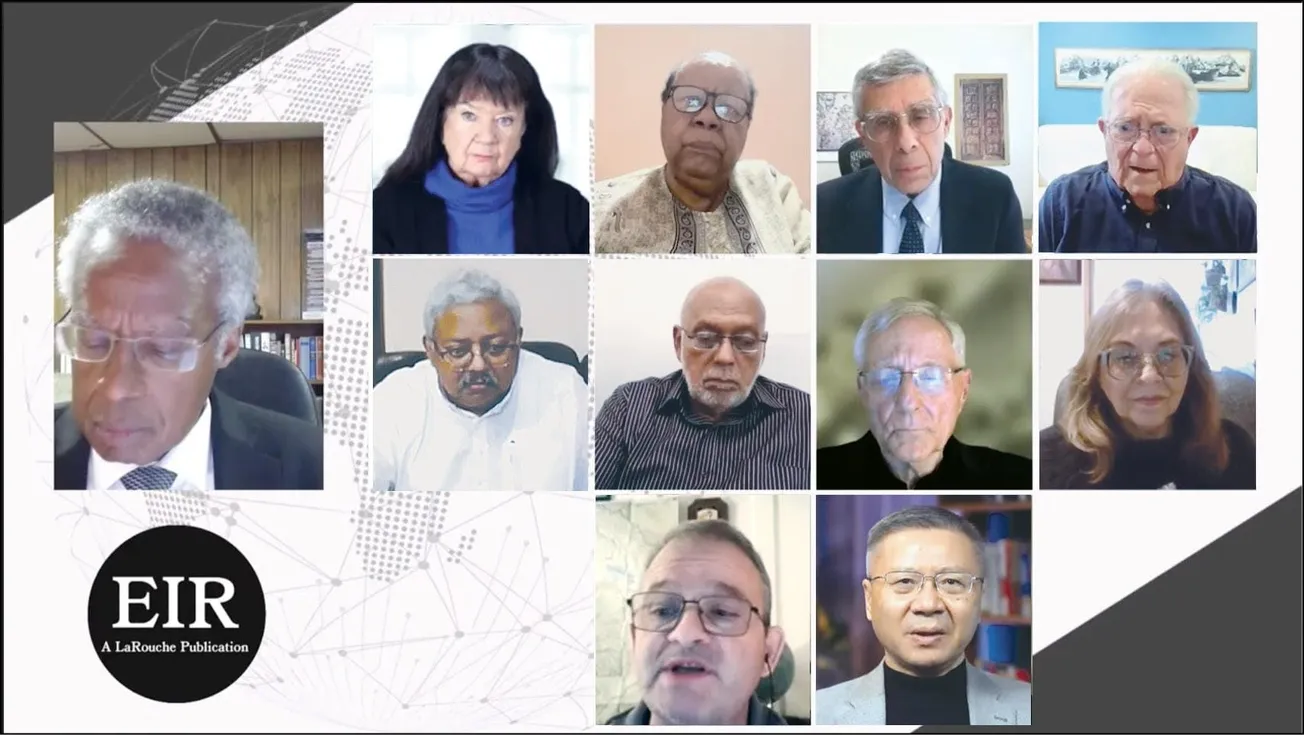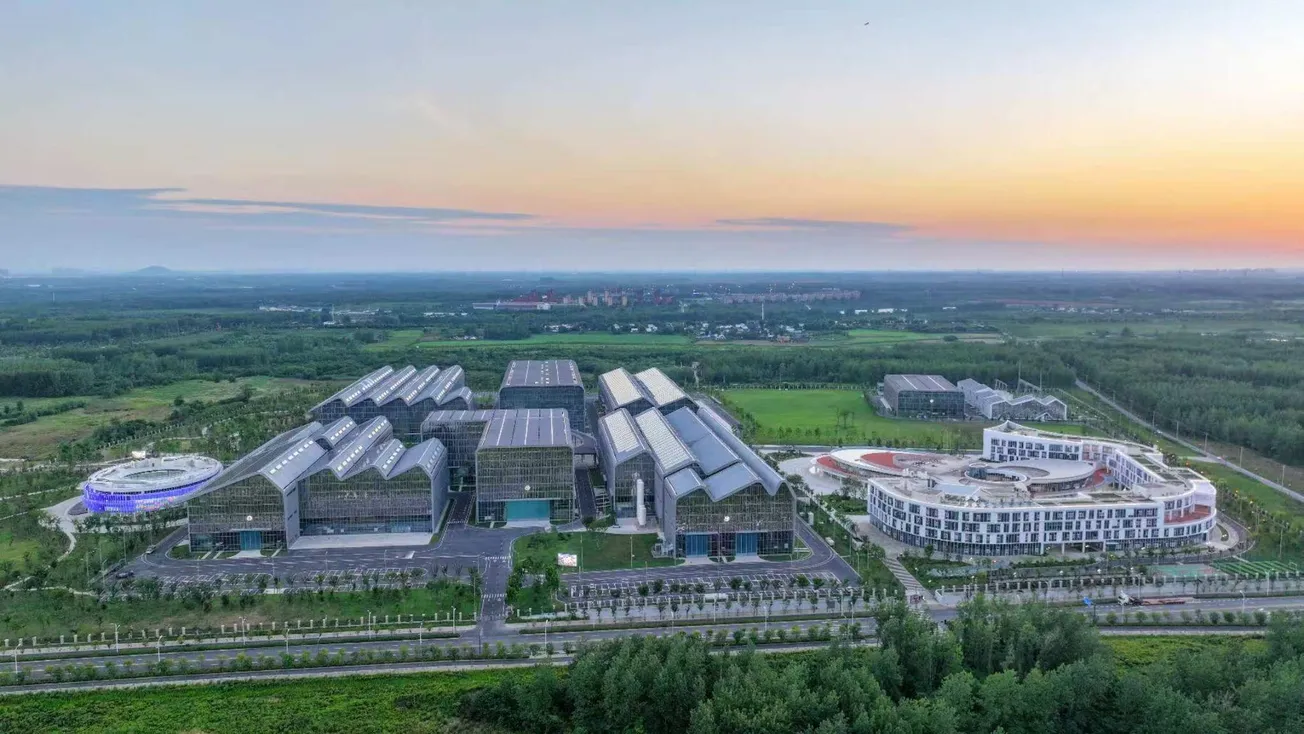On July 9, NATO leaders gathered in Washington for a three-day summit in a much gloomier atmosphere than had been expected even a few weeks ago. The main participants included the mumbling and disoriented U.S. President Biden, who shows signs of dementia; France’s President Macron, who has just gone from one stunning electoral defeat to another; the UK’s new Prime Minister Starmer, who was swept into office on little more than the rejection of his Tory opponents; and German Chancellor Scholz, whose government could fall apart any day now.
Despite their weaknesses, these leaders committed to even broader support for Ukraine and furthered the efforts to create a “Global NATO” in order to confront Russia and China. The reality of the failures of their policies and their widespread rejection at the ballot box have apparently not yet dawned on them.
Additionally, there was another other big factor adding to the gloominess of the summit, namely the surprise initiative taken so forcefully by Hungarian Prime Minister Vicktor Orbán, once he had assumed the presidency of the European Council on July 1. The very next day, he flew to Kyiv to discuss with President Zelensky conditions for a possible ceasefire and the opening of negotiations, followed by a quickly organized visit to Moscow on July 5, for a meeting with Vladimir Putin. After a busy weekend, he was off to Beijing July 8 for a discussion with President Xi on China’s and Brazil’s peace proposal for Ukraine, before flying to Washington to attend the NATO summit.
Orbán stressed in all his many comments and interviews how much “Europe needs peace,” which cannot be achieved without diplomacy, and without talking to all the parties involved. It so happens that Hungary is uniquely situated today to discuss with both Russia and Ukraine, and is one of the few countries in the Collective West that still has a relationship with Russia. Whether one agrees or not with all of the Prime Minister’s policies, in particular on the Middle East or immigration, he is on the mark as concerns this critical issue.
The power of Orbán’s “peace mission,” as he called it, is perhaps indicated in the string of attacks he has received from the power centers of Europe and the U.S. during and after his visit. The EU is even considering enacting sanctions on him or cutting Hungary’s presidency short to prevent him from carrying out further actions like these while holding this position.
But Orbán’s trip is a powerful intervention into an otherwise bleak strategic situation, which has seen a near-blackout of relations between the West and Russia as the world sleepwalks toward a thermonuclear world war. Further, it can potentially serve as a pathway for other, less courageous leaders—who nonetheless recognize the need for an urgent policy change—to emerge.
Peace Mission Begins
Viktor Orbán is well-known for being an outspoken leader in Europe, but his efforts kicked into high gear with his appointment to the European Council Presidency July 1. Two days before, Orbán published an op-ed in the major Hungarian daily Magyar Nemzet, writing:
To make matters worse, the Brussels bureaucracy that lives in a bubble has made a number of bad political decisions in recent years. Europe is increasingly being dragged into a war, in which it has nothing to gain and everything to lose. The bureaucrats in Brussels want this war. They see it as their own, and they want to defeat Russia.
Instead of “looking after the interests of the people,” Brussels is “imposing their own ideologies” on the EU’s population, Orbán wrote. Making clear how he sees his role during his time as president, Orbán said in a July 1 interview on Hungarian public television, that the greatest opportunity during Hungary’s EU Council presidency will be a chance “to take Europe closer to peace,” and that this would the focus of Hungary’s work.
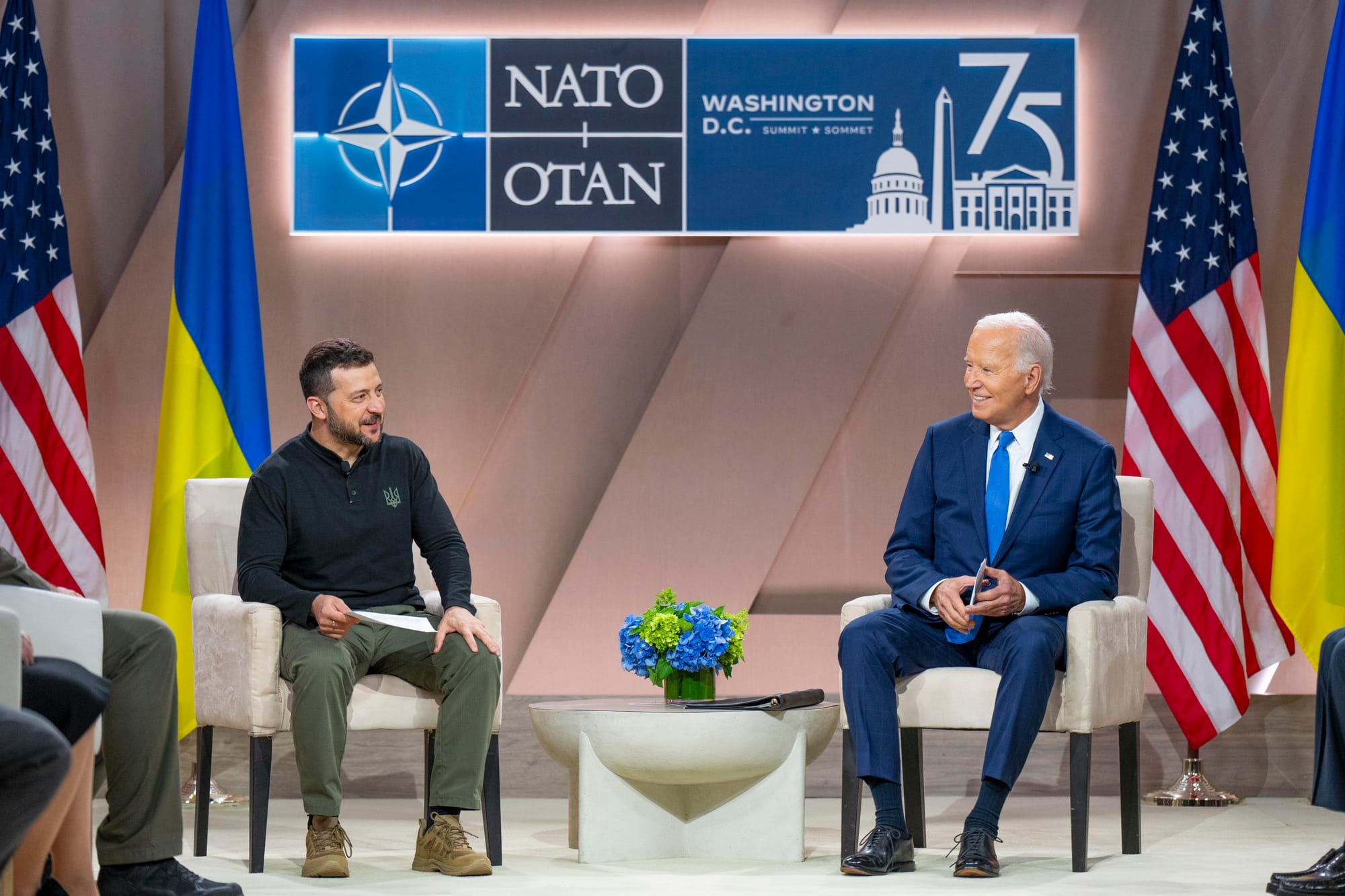
On July 2, the day after assuming his new position, Orbán took off to Kyiv to meet with Volodymyr Zelensky. Orbán’s overall message was that diplomacy must supersede fighting, and the two parties should return to the negotiating table as soon as possible. Toward that end, he proposed that Ukraine consider a “quick ceasefire” in order to speed up negotiations and the process of bringing the war to a close. He also said that he would prepare a report for the European Council “that could be a baseline for the necessary European decisions.”
So far so good, as far as the European bureaucrats were concerned. But the following days would change everything.
Orbán Visits Moscow
Orbán organized a last-minute visit to Moscow, without telling any of his counterparts in Europe. Then, on July 5, he held an almost three-hour meeting with President Putin. While Orbán maintained that he had no mandate to hold peace talks, he did tell Hungarian media outlet Telex that Hungary could be “a good tool in the hands of people who want peace.”


